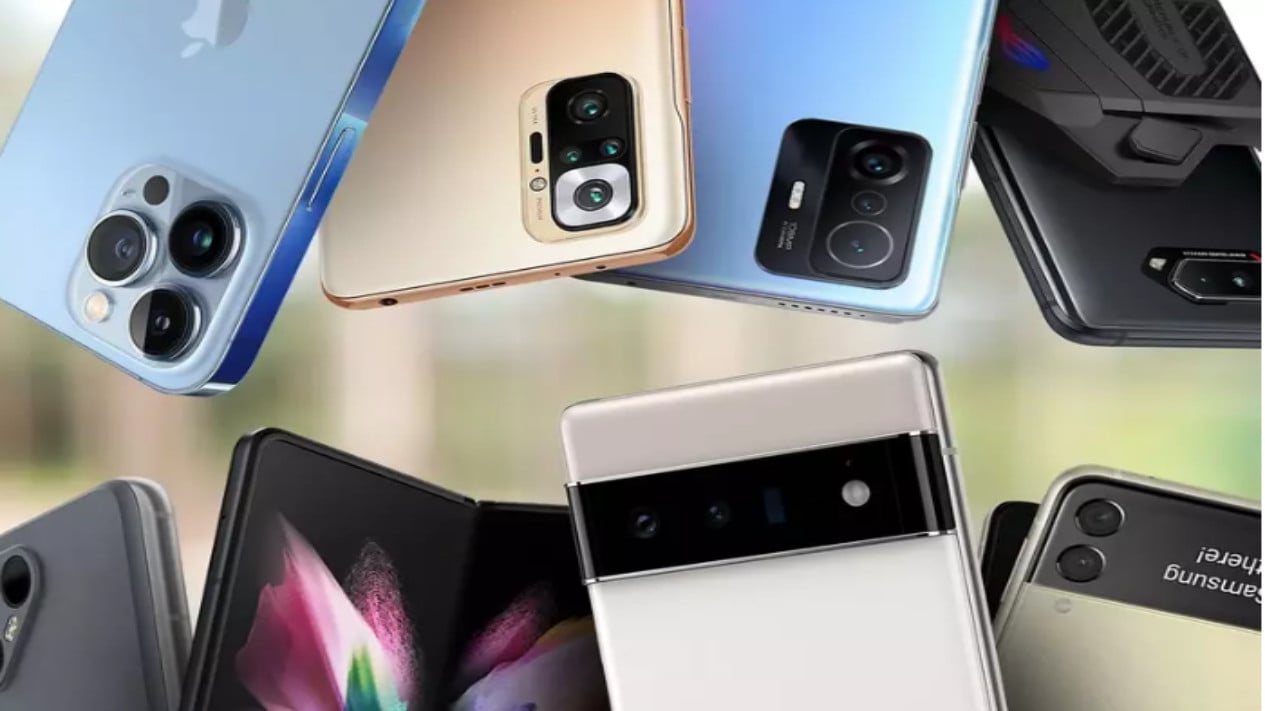The Potential – And Challenges – of Biodegradable Electronics
With millions being discarded every year, their poisonous and non-recyclable contents increasingly threaten to inflict damage on the environment – and, as a result, the well-being of humankind.
Biodegradable electronics appear as an innovative new option that would significantly reduce the environmental footprint of the tech industry.
What are biodegradable electronics?
Biodegradable electronics is a term used to describe the manufacturing and engineering of electronic devices which, once they have fulfilled their functions, biodegrade naturally, without leaving behind any long-term, toxic residue.
Oftentimes, this is achieved using materials such as soluble polymers, cellulose, silk, and biocompatible metals such as zinc or magnesium. Unlike regular electronics, the devices are designed to perform certain functions for a short period before they disappear without leaving permanent waste.
Uses of vast potential
Uses of this technology are vast and growing at a rapid rate. Some examples include:
Medicine
Implantable medical devices that monitor body functions and safely disintegrate in the body, rendering secondary surgeries unnecessary.
Farming
Biodegradable sensors that monitor soil moisture, temperature, and nutrients, melting away after harvest.
Transport
Short-lived smart labels, such as RFID tags, which break down once they’ve fulfilled their function.
Electronics for consumption
Active packaging, smart cards, or single-use items all represent opportunities for biodegradable electronics.
These applications are particularly suitable when the device's use life is short and the cost of collecting, disassembling, and traditionally recycling the components would exceed the value recovered.
Biodegradability provides an environmentally preferable end-of-life solution in these scenarios, minimizing long-term waste accumulation.
Specific ecological advantages
The environmental benefits of biodegradable electronics are enormous and are fulfilling a timely global need. Some of the most compelling of these are:
Reduced amount of electronic waste that finds its way to landfill sites annually.
Reduced emissions of toxic materials such as lead, mercury, and cadmium.
Reduced need for rare and expensive minerals being mined.
Promotion of a circular economy based on the responsible and renewable use of materials.
By preventing soil and water sources from being polluted by electronic components, biodiversity is saved – and risks to human health diminished.
Technical and economic obstacles
While they have their advantages, biodegradable electronics also have numerous challenges that are still preventing their widespread application. The most notable are:
Limited lifespan
Biodegradable materials are not yet at the performance or longevity level of regular components, restricting their use to low-power or short-term applications.
High expense
Large-scale production is expensive, since there is currently no appropriate industrial infrastructure.
Unclear specific regulations
Lack of general regulations specifying the standards for the identification of biodegradable electronics has led to commercial and legal ambiguity.
Design complexity
Packing advanced functionalities into degradable forms is a limiting factor for developers and engineers – it can be a difficult task.
These need investment in research and development as well as the establishment of standards on which the certification and regulation of such products can occur worldwide.
Privacy and data protection
Parallel with technological progress in biodegradable electronics, one factor that cannot be ignored is cybersecurity.
Many of these devices, especially network-connected sensors used in applications like medical monitoring or precision agriculture, handle extremely sensitive data that must be secured.
The increasing number of connected devices expands the potential for data interception, manipulation, or theft.
Protecting data in these large, complex systems often requires robust encryption. Virtual Private Networks (VPNs) are one approach to securing data transmission, and companies like Surfshark are developing solutions specifically tailored for IoT devices, offering features such as encrypted connections and data masking.
This is particularly crucial when dealing with personal medical data, location information, or proprietary industrial data.
As networked and sustainable technologies evolve, ensuring data safety must be a core design principle, alongside the use of environmentally friendly materials.
Brighter future
Biodegradable electronics are still in the infancy stage, but the pace of advancement is quick. Universities, research centers and industries are finding new ways to increase the efficiency, stability, and usability of such devices.
Over the course of the upcoming years, manufacturing costs will reduce, and regulation systems will adjust to facilitate their adoption.
Assuming the durability hurdle is overcome and there are distinct guidelines in place, biodegradable electronics have the potential to be embraced by significant fields such as personalized medicine, precision agriculture, and smart logistics.
Transitioning to more environmentally friendly electronics is not only feasible, but arguably imperative. Biodegradable electronics can be a serious solution to combat the environmental cost of modern-day technology, especially when integrated with responsible design and good safety features.
While obstacles are real, the global pursuit of sustainability along with the acceleration of technology is forcing the door wide open for the next generation of responsible, safe, and evanescent devices.
What's Your Reaction?
 Like
0
Like
0
 Dislike
0
Dislike
0
 Love
0
Love
0
 Funny
0
Funny
0
 Angry
0
Angry
0
 Sad
0
Sad
0
 Wow
0
Wow
0























